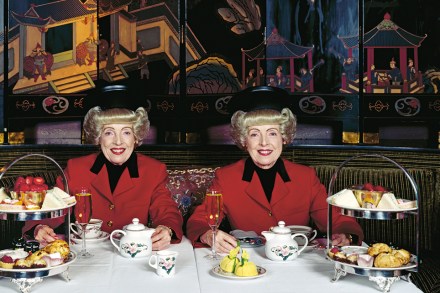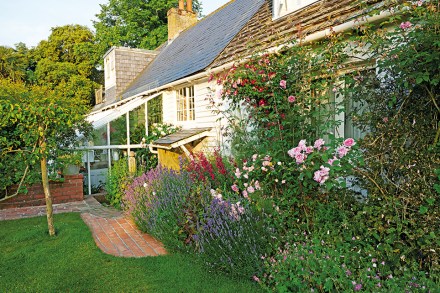The difficulties faced by identical twins
Despite being a twin myself, I wasn’t necessarily disposed to love William Viney’s Twinkind, a book for which the phrase ‘lavishly illustrated’ might have been invented. Much writing on twins intended for the general reader (including recent fiction such as Brit Bennett’s bestselling The Vanishing Half) has been produced by non-twins, or writers who have




















